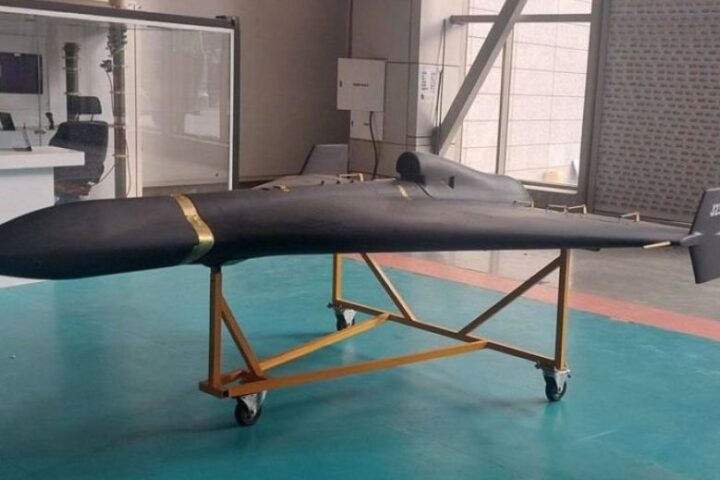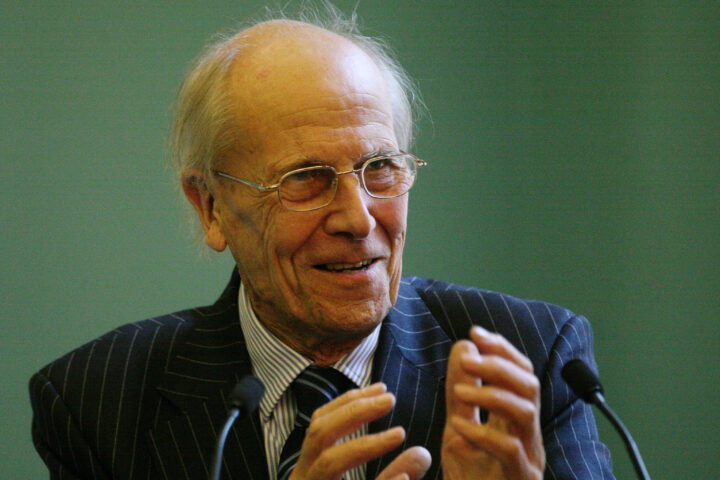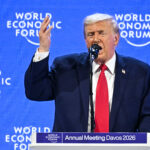Russian banks have begun freezing individual bank accounts en masse for up to six months, citing the enforcement of a new federal law targeting so-called “droppers” — individuals whose accounts are used to move illicit funds. While the legislation was formally intended to combat money laundering and terrorism financing, the sweeping application has resulted in widespread account suspensions for routine transactions such as money transfers to friends, online purchases, and charitable donations.
The controversial policy follows amendments to Russian legislation on the illegal circulation of funds, signed into law by President Vladimir Putin in late June 2025. The law introduces criminal penalties of up to six years in prison for involvement in “dropper” activity. However, ordinary citizens now report having their accounts blocked for minor or unexplained transfers, often without notice or clear guidance.
Routine transactions now trigger suspicion and six-month freezes
According to reporting by Secretmag, banks have adopted a broad interpretation of the law, targeting customers who send or receive money from unknown sources, use cards for purchases through peer-to-peer payment apps, or make donations to NGOs. A growing number of Russians have found their accounts locked simply for receiving multiple transfers or paying for goods at market stalls where card terminals were unavailable.
The new measures have raised alarm for their disproportionate effect on vulnerable populations. Pensioners and low-income families report being left without access to their only source of funds, sometimes for months. “What is Baba Masha supposed to live on for 180 days without money?” asked one critic, underscoring the risk of financial exclusion for those least able to navigate bureaucratic systems.
Authorities deny mass enforcement as public outcry grows
Russia’s financial intelligence agency, Rosfinmonitoring, has insisted that the new law does not require or imply widespread preventive account freezes. In parallel, the Central Bank has claimed that current measures reflect banks’ increased efforts to combat “shadow operations” and identify suspected mule accounts.
“The actions of banks are linked to their active work in countering operations of shell individuals and illegal schemes,” the regulator stated via press service.
Yet even transfers between friends or relatives, as reported by Verstka, are triggering red flags under new internal compliance protocols. Clients placed on internal bank watchlists — even once — may now face ongoing scrutiny, regardless of whether any fraud was actually involved.
Questions mount over fairness, legal safeguards and basic rights
Critics argue that the law reverses the principle of presumed innocence, effectively treating every Russian as a suspect in financial crimes unless proven otherwise. “Only in Russia do they block your money first, then ask questions later,” a Moscow lawyer commented. “There’s no clear appeals process, and people often can’t afford legal help.”
The Komsomolskaya Pravda has highlighted that the tax service confirms non-commercial transfers are tax-exempt, yet once such operations are flagged by a bank algorithm, the burden shifts to citizens to prove their innocence — often without access to resources or legal counsel.
In the absence of transparent recourse, those affected are left to navigate opaque complaint systems or turn to private lawyers. Few succeed. And in many cases, the state’s broader objective appears to be financial containment: banks, under pressure from a stagnating economy and costly war effort, are allegedly freezing funds as a form of indirect mobilization of public resources.
Legal experts and civic groups warn that the new law opens the door to unchecked financial control, further eroding trust in Russia’s banking system and penalizing ordinary people while elites remain untouched.















